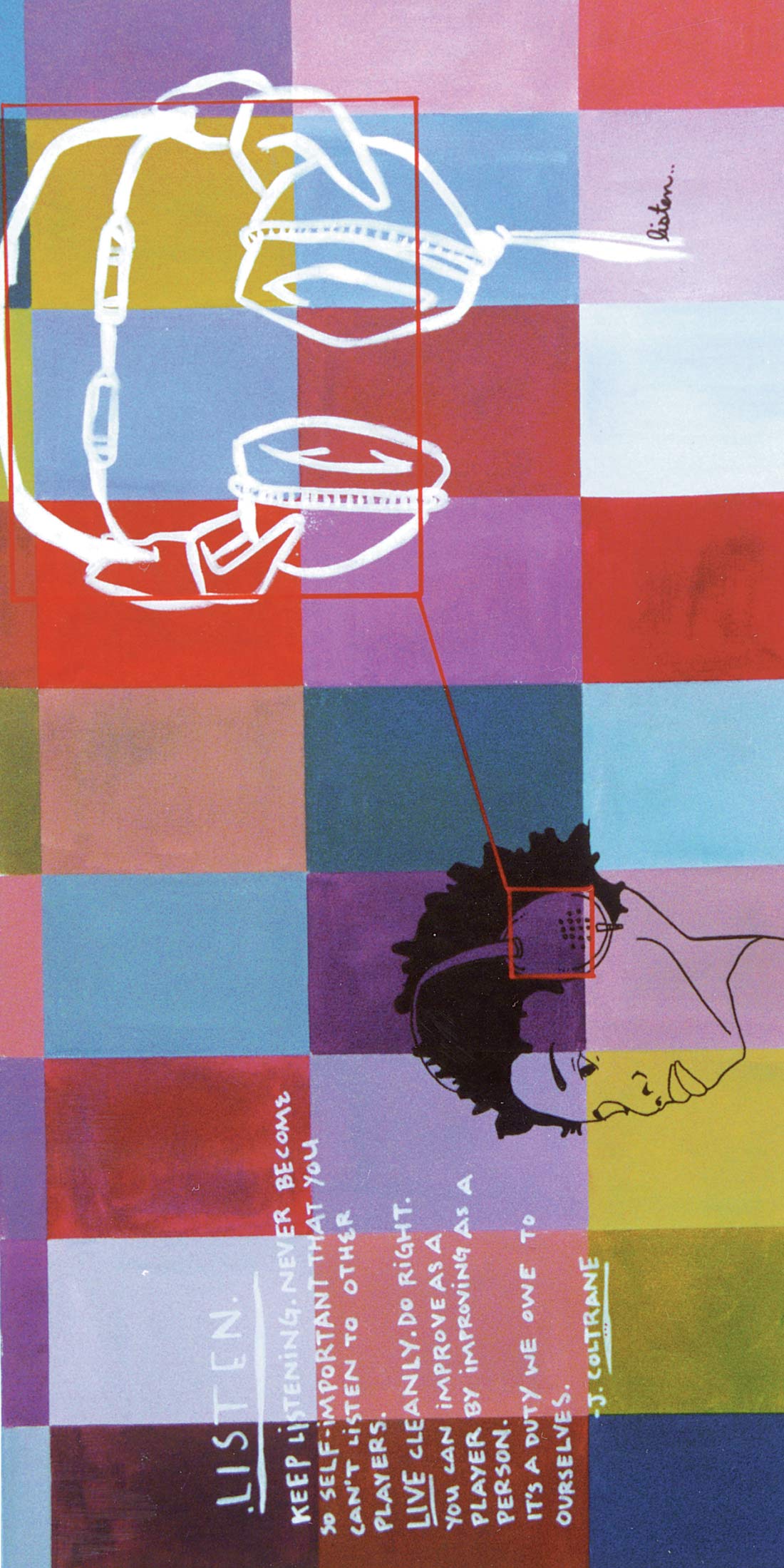About a year ago our studio (Chase Park Transduction, Athens, GA) changed consoles, from a Trident 65 to a Sony/MCI MXP3036. Attractive to us among other features, was the fact that there are a number of different mic pre, line amp and EQ modules available for the console, including both Sony modules and those made by other manufacturers, among them API and John Hardy. Thus, when I was asked if I would be interested in checking out a pair of John Hardy MPC3000 mic-pres, I jumped at the opportunity. The John Hardy Company has been making high quality mic pres for a number of years now, and I had previous experience with the outboard Hardy M-1 in a number of different studios, and always thought it sounded good on just about anything in conjunction with any mic. Basically, the MPC-3000 offers the same combination of features as the M-1 - a Jensen JT-16-B mic-input transformer, a 990C discrete op amp, and a total absence of coupling capacitors in the audio path. According to the literature I received with the MPC-3000s, the dimensions and pin outs of the 990C conform to the API-2520 package, allowing direct replacement. I ran several comparative tests with the MPC-3000 against other mic pres and was consistently pleased with the results. I tested it against the Sony/MCI pres - I should point out that I think that both Sony pres we have sound good, better than the mic pres on a lot of other consoles I have used - and the Hardy was obviously a better choice than either. Specifically, it was significantly clearer than the transformer-balanced Sony/MCI, while packing a lot more punch than the transformerless one. Frankly, I can't say that I was surprised with that, so I upped the stakes and tested it against a Neve 1272, and an API 312. In direct comparison with these excellent mic pres is where the MPC-3000 really shines. I recorded a grainy sounding male vocalist (not screaming) with a Microtech-Geffel UM92. All three mic pres sounded good right off the bat. The MPC-3000 sounded clearer on the low frequencies than the 1272, and virtually identical to the 312. Next up was a different male vocalist, this one a bit more of a yeller than the previous singer. He sang into a Shure SM7. As in the previous test - the MPC-3000 had a clearer bottom than the 1272 and sounded almost the same as the 312. With this particular singer, the 1272 sounded smoother, but that wasn't what was needed in this application. By comparison, the MPC-3000 gave the vocals more of a "Why Don't We Do it in the Road?"-type cut, which sounded great. Furthermore, since the SM7 has a relatively low output, and self-noise can be an issue, the MPC-3000 was quieter than the 1272 in this regard. I could go on - I used it on a mono drum overhead with a Neumann KM54, on acoustic guitar with an AKG 451, on electric guitars with a Coles 4038 and an Audio-Technica AT4047, on a bass amp with the AT4047 - but the results were generally the same. The MPC-3000 is a significant improvement on the Sony/MCI pres, and compares favorably with the venerable 1272 and 312. In situations where I wanted a fuller bottom end, the Neve was clearly the way to go. However, anytime I would use the API 312, the MPC-3000 was completely equal. All in all, I love the John Hardy MPC-3000. They sound great and are relatively inexpensive ($325 each), especially when compared to their sonic brethren the API 312. We are going to buy the pair used for this review, and 2 more pretty much right away.
All things considered, there should be a noticeable difference between the MPC-3000 and the API 312. API products are well known for a colored, or flavored, quality - and I salute it. The products that I make are significantly clearer and more accurate. Perhaps the Sony console masks the full potential of my MXP-3000? -John Hardy, 847-864-8060, PO Box AA631, Evanston, IL 60204




_disp_horizontal_bw.jpg)